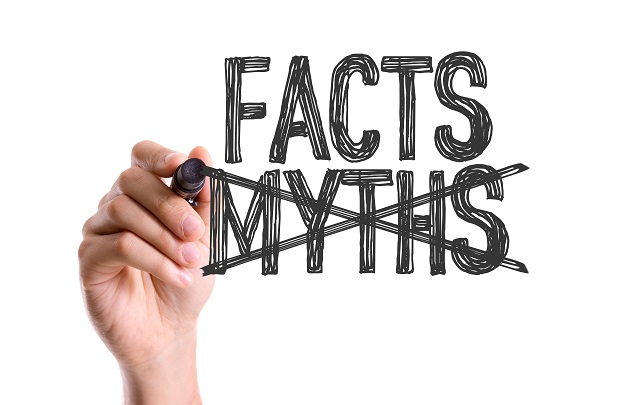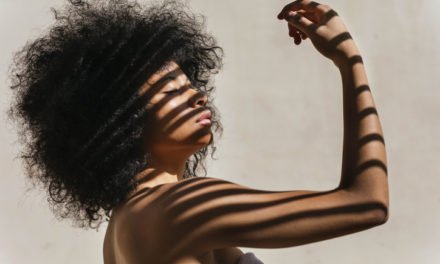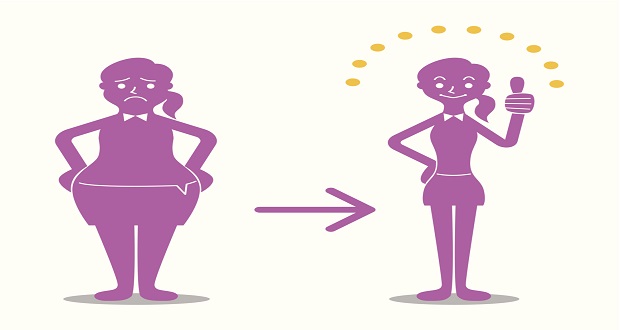
The question mark in the title of this post is intentional because my goal is to raise a question—much more than it is to provide an answer. This is a question that I’m currently thinking through so I wanted to share with you some initial thoughts—and will probably post again with some updates on some books I’m working through (referenced throughout).
I invite you to join me in thinking about the question of what “positive” forms of white culture look like. It should go without saying that this question does not imply that there is inherently anything negative about white people or that there aren’t countless positive aspects of culture that white people predominantly enjoy. But the question is important because we don’t typically describe these cultural elements as tied to whiteness—choosing instead other cultural markers other than race. In fact, this “color-blindness” is one of the markers of whiteness itself—as a dominant culture—that makes it difficult to describe or pin down. In many ways, whiteness is the assumed norm in white dominant cultures. This is evident when someone describes an author as a “black author” and a white author as simply “the author”—because whiteness is the assumed norm. Or when People magazine lists their “sexiest men”, but they’re always white guys—the assumption here is that men are white men. Buzzfeed recently posted a “privilege quiz” that listed several questions that illustrated this assumed norm, and privilege of whiteness:
- I have never been discriminated against because of my skin color.
- I have never been the only person of my race in a room.
- I have never been mocked for my accent.
- I have never been told I am attractive “for my race.”
- I have never been a victim of violence because of my race.
- I have never been called a racial slur.
- I have never been told I “sound white.”
- A stranger has never asked to touch my hair, or asked if it is real.
For those of us working in the D&I (diversity and inclusion) space, issues around white privilege are familiar concepts and vital to our work. I’m currently reading the book Revealing Whiteness, by Shannon Sullivan, who argues that the hiddenness of whiteness is something that white people should investigate in order to live more inclusively in a diverse world—this is especially true given that whiteness can be hard to diagnose given its normative nature. In her second book, Good White People, Sullivan argues that white people need a new cultural ethos that does not ignore or minimize the reality of racial differences, but instead, faces them head on in order to play a role in making the world more inclusive for everyone. Ultimately, she invites us to consider what a more positive power of whiteness looks like—one that is committed to social justice and dismantling racism.
Last week, I heard a similar call from one of my favorite comedians W. Kamau Bell at one of his shows in Charlotte. As a comedian, Bell cut right through any politically correct or sugar coating language that is indicative of most public racial dialogue, and challenged white audience members to start owning and naming positive aspects of white culture. His approach and appeal was admittedly unsettling and awkward—even for a D&I consultant, but again, more evidence of how uncommon talking about white culture is for many people, myself included. At one point, Bell had black audience members lift their fists in unison and chant “black power” as a sign of solidarity—the response was loud and proud.
Immediately after he asked white people to do the same, this time chanting “white power”—the response was silence, unease and awkward laughter (for obvious reasons). But Bell followed up with a powerful point (and has written about it here): he said that if white people don’t start owning and celebrating the positive aspects of white culture, then they leave the door open for white supremacists, racist politicians, or race deniers to be the only voices speaking on behalf of white people. Bell, again somewhat tongue-in-cheek, listed off several aspects of white culture he enjoys like NASCAR and country country music, and he encouraged white people to start taking some positive pride in their culture—if nothing else, to defend against those who wish to use whiteness for bad.
This is an especially complicated and uneasy question given the history of white supremacists who have been the loudest in praising white culture. But I think it is increasingly important given the demographic shifts of our country and the growing unease of many white people who feel lost in a new (for them) world of racial identity. But like other racial and ethnic groups, there are all kinds of potential for increased solidarity, advocacy, and camaraderie for white people to begin exploring and redeeming aspects of their whiteness that they can celebrate. And part of this celebration will include playing a role as an ally to other racial groups that are discriminated against as well as speaking out and against white supremacists who’s only view of white culture is as the superior of the races. We need to explore the admittedly new and uncomfortable terrain of positive white power.


















